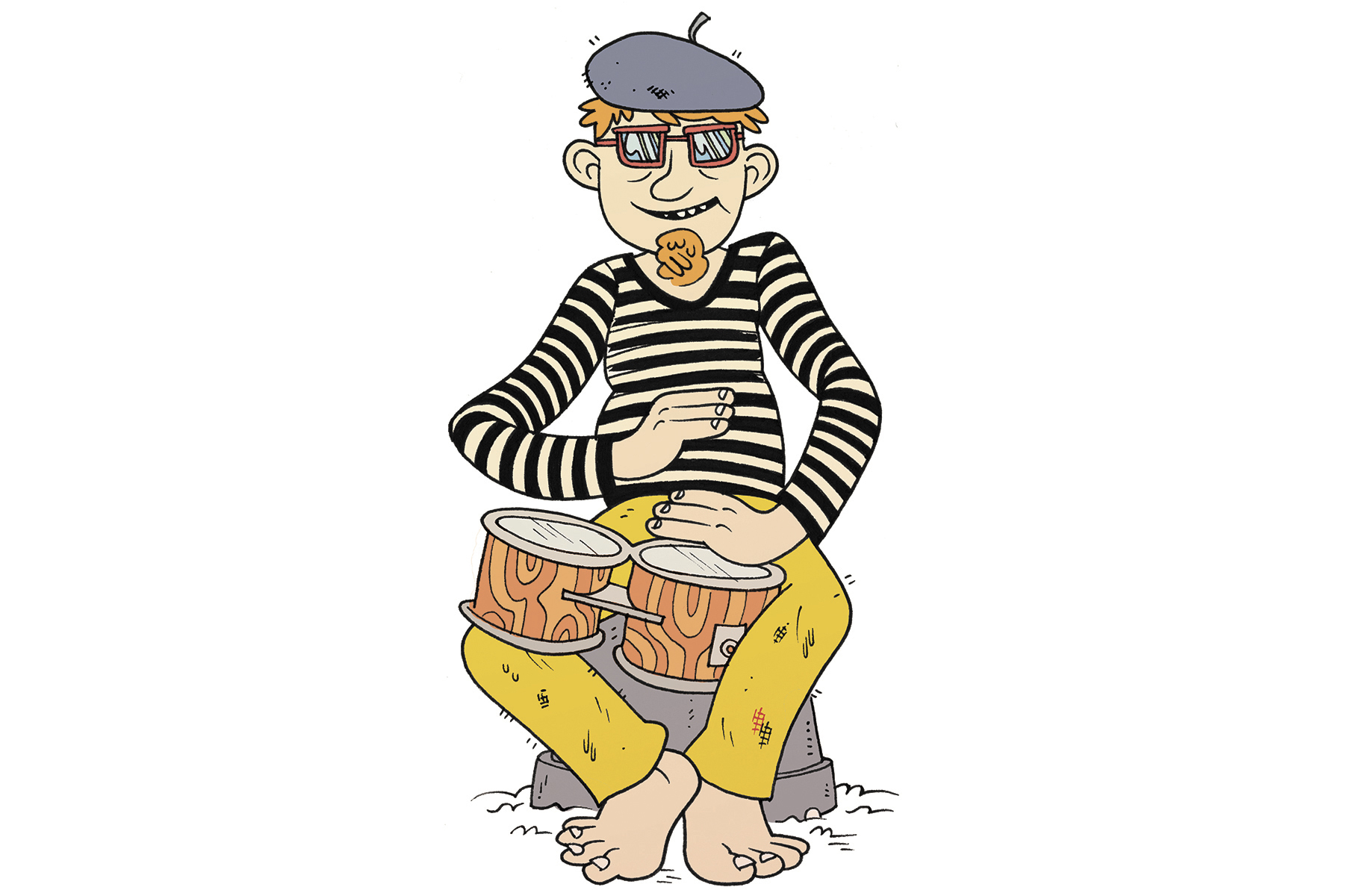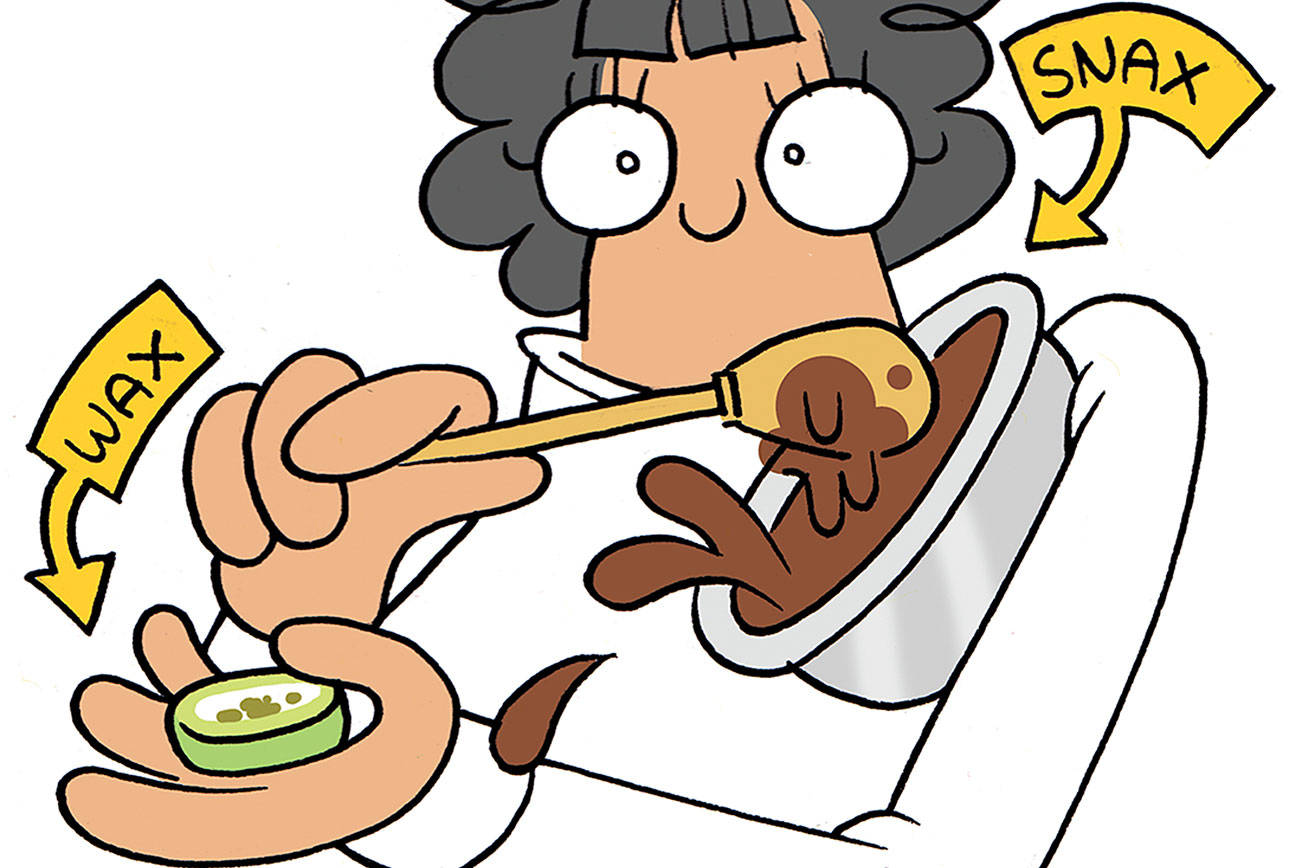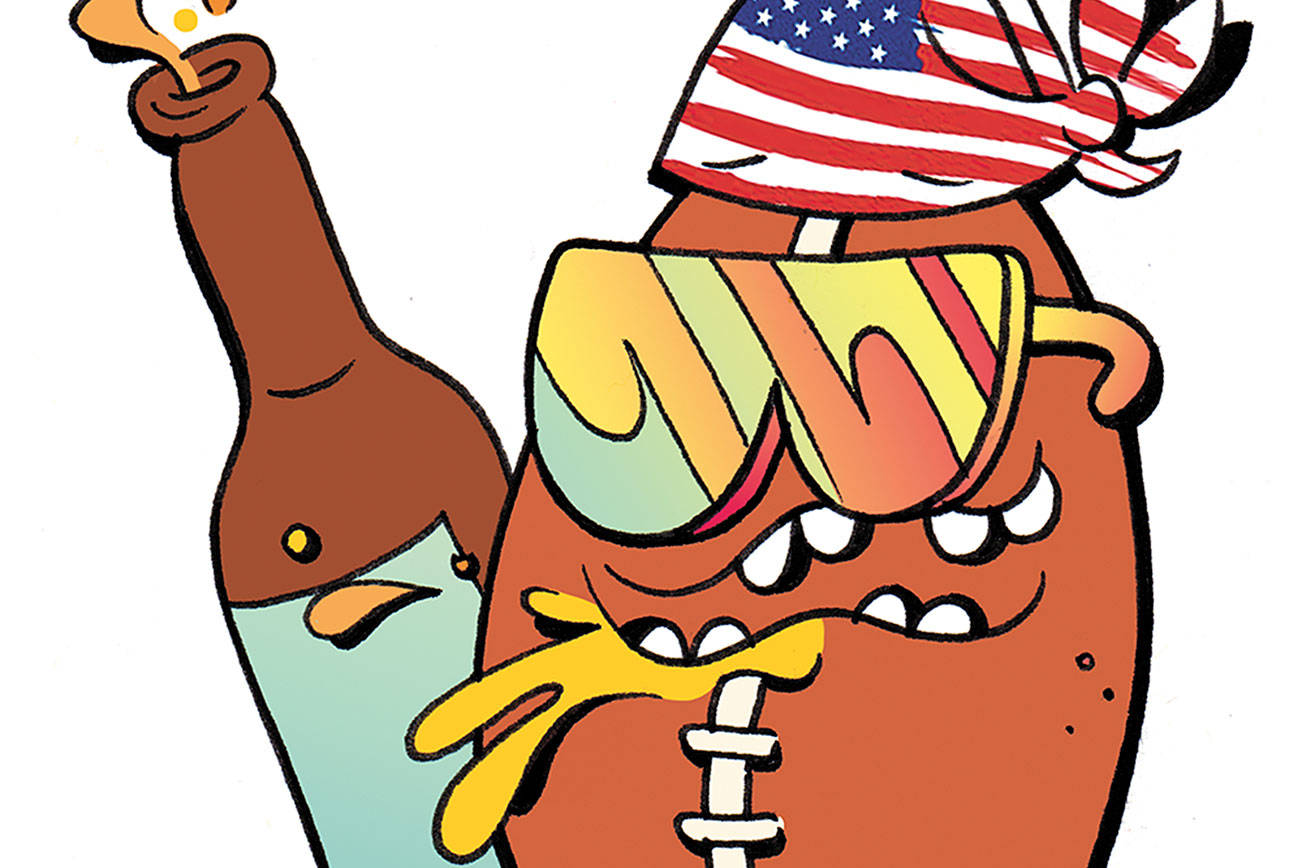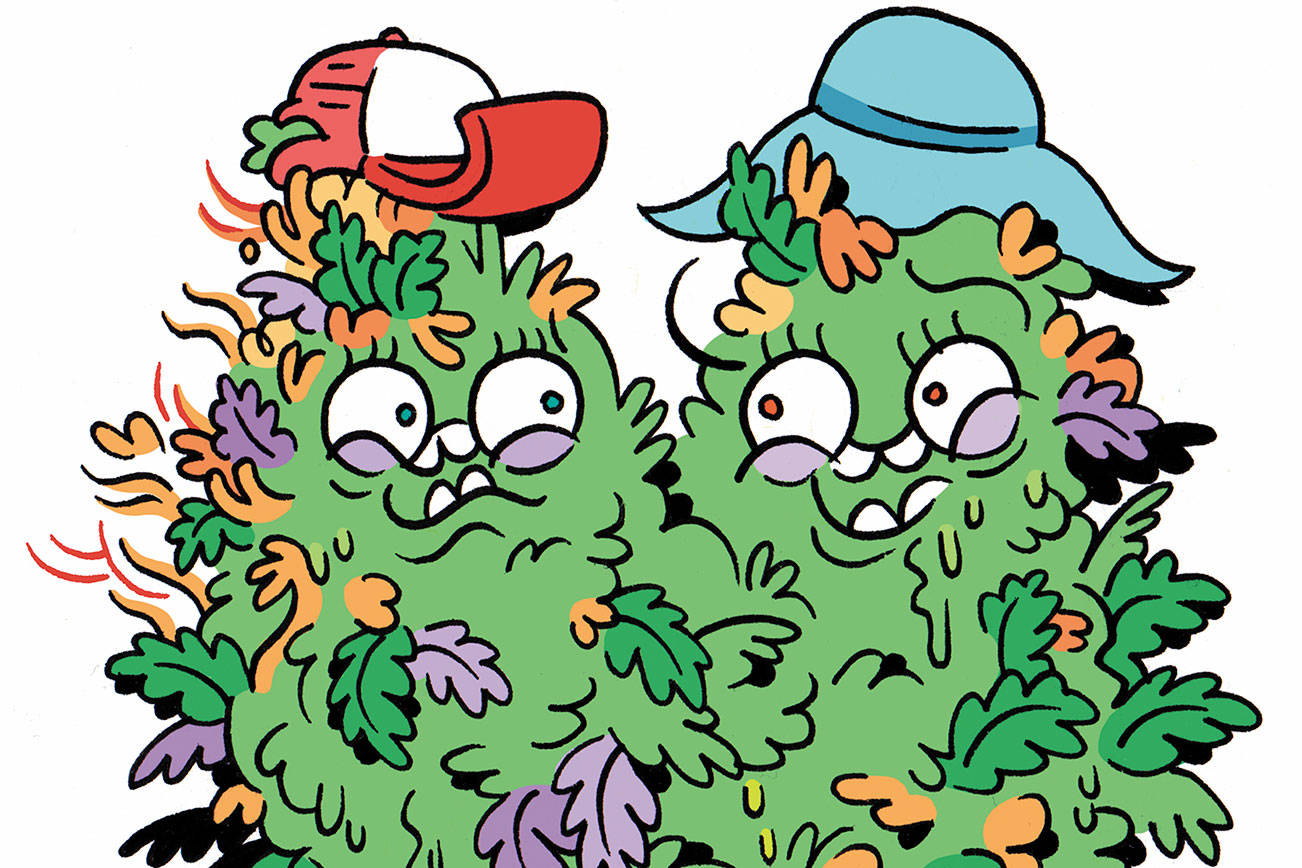The world of cannabis slang is colorful, to say the least. But as happens in the evolution of any culture, many words and phrases used for years to describe #weedlife are going by the wayside as a result of legalization.
At one point, people just smoked “grass.” For many years, there was simply good or not-so-good weed. If you had “shwag” or “dirt weed,” it was probably dry, crumbly, and filled with seeds and stems. But if you had scored “sensemilla,” you had acquired seedless grass, and would be the star of the party. By the ’70s, the references to drop were always location-based, like “Acapulco Gold,” “Thai sticks,” or “Colombian Red.” Referring to “Humbolt” was a sure way to grab everyone’s attention.
Obviously, people have had to hide their usage to various degrees over the past century of prohibition, so talking about weed has been coded. If you were buying it, you were “going to the store to pick up some broccoli” or “looking for Holden Caulfield.” You couldn’t just announce that you were going to get high, so people turned to phrases like “mowing the grass.” “Going to bat” came from the use of a bat, a single-hit metal pipe often painted to look like a cigarette—another relic of needing to hide your usage.
Even the mode of conveyance has changed enough that a phrase like “picking up a sack” is slowly becoming outdated, as state-of-the-art packaging is replacing the ubiquitous plastic “baggie.”
Another slowly disappearing area of pot slang is used to describe amounts of weed—though you might still be using these terms if you’re on the black market. These have morphed over the decades as prices and selling styles have changed. For example, we used to buy “dubs,” bags of weed worth $20; “dimebags” for $10; or “nickelbags” for $5. How much weed you actually ended up with was always subject to change, but back in the ’90s, a dimebag would have been about two grams. These days, weed is sold by the gram, and prices vary wildly from store to store.
A “matchbox” was actually a little paper matchbox stuffed with as much weed as would fit—usually a few buds and some leaves, with a few matches and some papers. Another popular form of measurement was a “lid”—a word that was used for decades, but with plenty of ambiguity about exactly how much ganja a person would get if they bought one. The most popular understanding was that a lid was about “four fingers’ worth,” or as much as would fit on the lid of a coffee can—potentially upward of an ounce, especially if your dealer drank a lot of coffee or had big hands.
stashbox@seattleweekly.com







